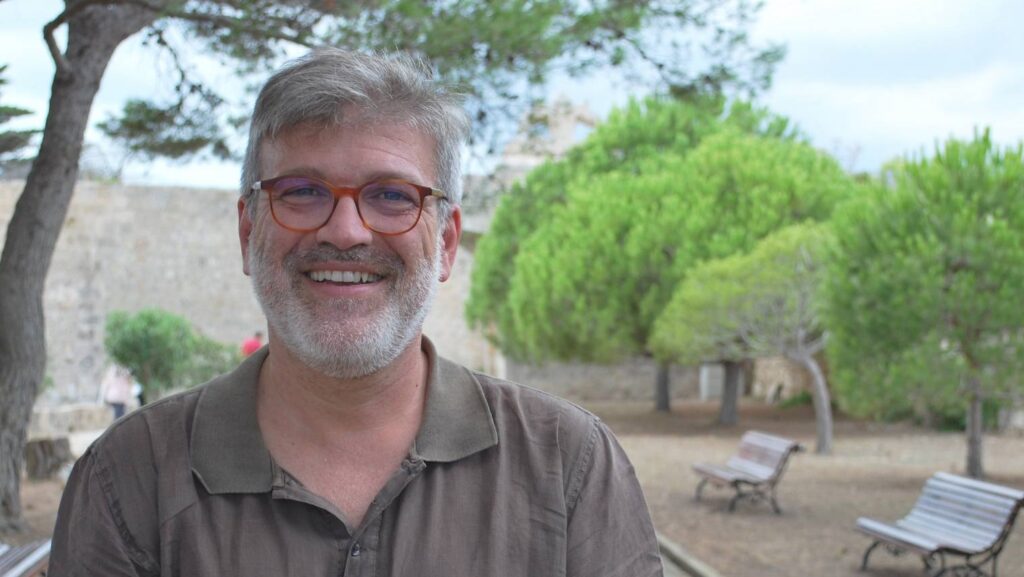Get to know the PIECES partners: Esteve Fernández
Our PIECES partners come from every corner of the health sector across the world, each bringing their own strengths and knowledge to the table. Welcome to the first in our series of Partner Interviews!
Esteve Fernández is Director of the WHO Collaborating Centre for Tobacco Control and Head of the Cancer Prevention and Control Programme and the Tobacco Control Unit of the Catalan Institute of Oncology. He is also Professor of Epidemiology and Public Health at the University of Barcelona. He has worked in the epidemiology of cancer, especially tobacco and other risk factors, and his current research focuses on tobacco control from different perspectives, integrating epidemiological evidence together with behavioural and implementation science. He is the coordinator of the PIECES project.
Why is a project like PIECES needed in the first place?
Given the high and increasing global burden of cancer, the implementation of effective primary cancer prevention programmes is of utmost importance. However, many evidence-based programmes that have demonstrated effectiveness in controlled settings often face difficulties when implemented in real-world settings. To increase impact and achieve real health benefits, we need to close the gap between what we know and what we do by identifying and addressing the barriers that slow or stop the uptake of proven health interventions and evidence-based practices. It is expected that the PIECES project will facilitate the extrapolation between evidence and practice, thereby improving the outcomes of primary prevention programmes and reducing the burden of cancer in our society.
In what areas do you expect PIECES to have the biggest impact?
The potential impact of PIECES is expected to be high as cancer is the leading cause of death and up to 50% of cases are considered preventable. We believe that this project will deliver not only societal benefits – reducing cancer morbidity, mortality and health inequalities – but also economic contributions. We expect PIECES to improve the efficiency of implementation of cancer prevention programmes and to save around 1% of EU cancer expenditure by improving the adaptation and implementation of evidence-based interventions.
How does your expertise contribute to the project’s mission?
I have been working in the field of cancer prevention for many years. More specifically, my research has focused on tobacco control (one of the main risk factors addressed by this project), from characterising the epidemic to studying its various determinants (social, price, advertising, industry, etc.) and how to implement prevention and control measures. As coordinator of this ambitious initiative, my team and I are committed to using our expertise in cancer prevention and our experience in coordinating European projects to achieve the goals of PIECES.
What does your organisation expect to gain from participating in the project?
The mission of the Catalan Institute of Oncology (ICO) is to reduce the burden of cancer from different angles: treatment, research and prevention. The mission of the project is in line with the mission and vision of our organisation. It is an important opportunity for us to make our cancer prevention research more effective. In addition, working with a diverse consortium of partners will allow us to share knowledge and learn from others, which will add value to new projects in the near future.
